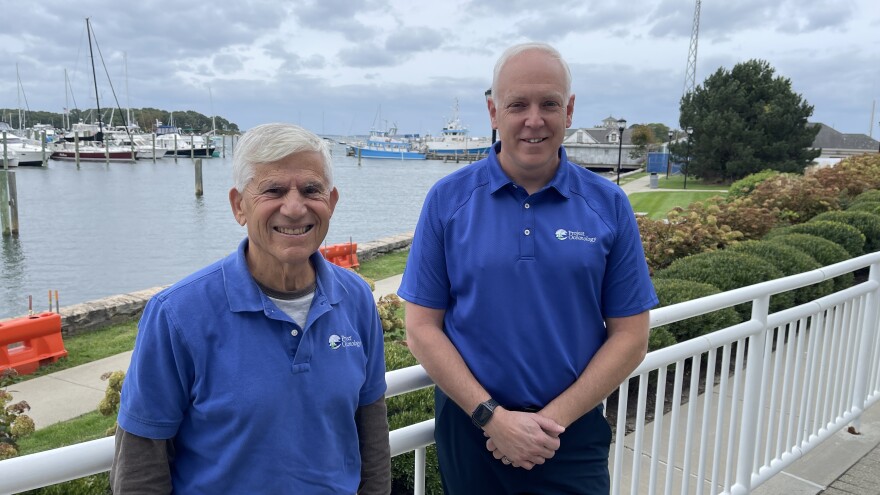Project Oceanology — a marine sciences nonprofit education and research facility in Groton, Connecticut — turns 50 this year.

Based at Avery Point, the project provides more than 20,000 students and adults the opportunity to get hands-on experience learning about the Long Island Sound’s marine environment.
Andrew Ely, the project’s executive director, said after 50 years, their mission remains the same: “to nurture and inspire citizen science.”
“Our students and our participants gather and record data that we’ve saved and shared,” Ely said. “We have a Project Oceanology data set that goes back to our history, and it's fascinating to look back over time and realize that Project Oceanology has been contributing to data on local marine species on the environment and we continue to do so."
“I think that’s an important contribution to science and to show our students you can be a part of science in that way,” he said.
The project will mark the 50-year milestone at a special gala on Thursday, Oct. 13 to honor its founder, Howard “Mickey” Weiss. He started Project Oceanology at Stonington High School in 1972.

At 80 years old, Weiss still teaches students at the project. He said he didn’t know back then if it would last more than 4 years after the initial funding ran out.
“The local folks, the local schools, the local teachers, really stepped to the plate and as the state funding phased out, they did pick it up and over the years. That’s been the story of Project Oceanology,” Weiss said. “It’s a story of cooperation and local support and that’s kept us going.”


